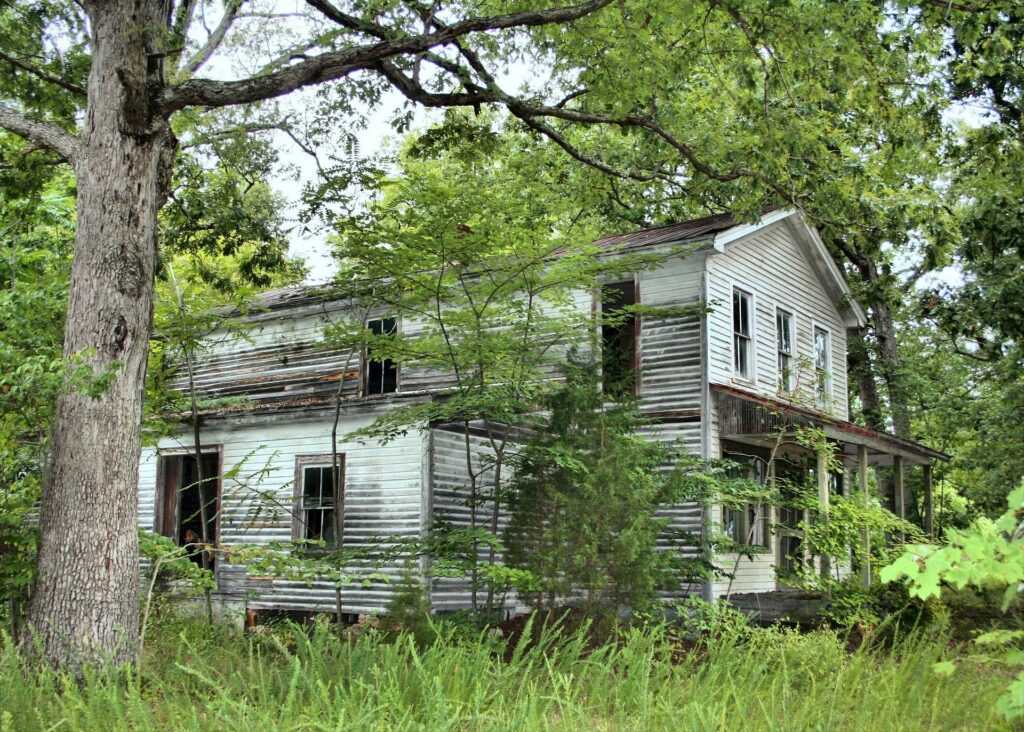
Toronto Vacant Home Tax
In December 2020, the City Council of Toronto voted to create a new tax, which will encourage homeowners to put their vacant properties on the rental market. Without a doubt, it will have a significant impact on how real estate transactions will take a place. The goal of the new tax is to increase the supply of housing by discouraging owners from leaving their residential properties unoccupied. Homeowners who choose to keep their properties vacant are subject to the tax.
An annual tax will be levied on vacant properties. Unoccupied residential properties, empty buildings, and vacant lands that are for more than six months (cumulative) in a calendar year may be subject to the new tax payable beginning in 2023. Homeowners whose property is not their primary residence, and is vacant for more than six months in the preceding calendar year, will pay a tax equivalent to 1% of their home’s current value assessment (CVA) of the home. Exemptions are granted under certain circumstances, including principal residence, death, repairs, units undergoing a major renovation, the owner being in care or hospital, court order, transfer of legal ownership, and occupancy for full-time employment is in place.
All Toronto residential property owners must submit a declaration of their property’s 2022 occupancy status by February 2, 2023. Owners who fail to file their declaration by the deadline, set on February 2, 2023, will be liable to a fine of between $250 and $10,000 and their properties will be classified as vacant – subject to the tax.
It is important to note that you can only designate one home as your family’s principal residence for each year and most standard home insurance providers will only cover an empty property for 30 to 60 days.
Note for Homebuyers: New owners are at risk of inheriting a former owner’s tax liability when the seller fails to file a declaration for the previous year, leaving the new owners responsible for the tax. For example, if a residential unit was vacant in the year prior to a sale, or if a seller did not file the city’s required property status declaration, purchasers could be on the hook for penalties of up to $10,000 which will be added to the tax account. Buyers should protect themselves by asking their lawyers to require sellers to deliver copies of the filed property status declaration as part of the purchase negotiations and closing process.
A vacant home tax may be necessary for a stable and affordable housing market, and helps increase rental vacancy but is insufficient to cool rising real estate prices.
Friendly reminder: Please speak to an accountant or tax professional when dealing with any potential taxes (be it on your property or personal income). This article provides information about taxes – NOT tax advice.
For updates, visit the city Council of Toronto website: https://www.toronto.ca/services-payments/property-taxes-utilities/vacant-home-tax/
December 2022.
